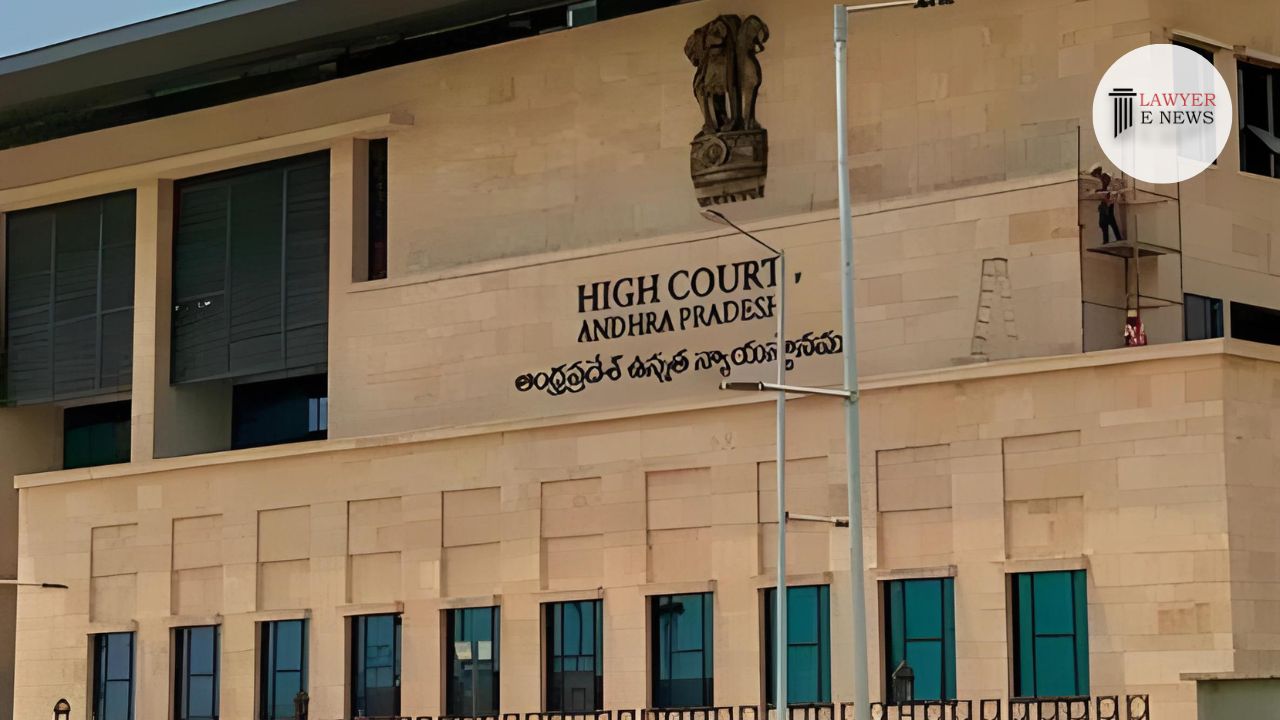-
by Admin
15 February 2026 5:35 AM



Andhra Pradesh High Court in Syed Mohamad Aga v. Syed Mohammed Asif & Others dismissed a second appeal under Section 100 of the Code of Civil Procedure, 1908 (CPC), affirming the concurrent findings of the trial and first appellate courts. The appellant, Syed Mohamad Aga, had challenged the grant of a mandatory injunction and possession rights to the respondent, Syed Mohammed Asif, based on an oral gift under Mohammedan Law. Justice V. Gopala Krishna Rao emphasized the validity of oral gifts under Mohammedan Law and dismissed claims of joint family ownership, concluding that no substantial question of law arose.
"An Oral Gift is Valid Without Written Documentation in Mohammedan Law"
Essentials of an Oral Gift Established
The court reiterated the essentials for a valid oral gift under Mohammedan Law:
Declaration of the gift by the donor.
Acceptance of the gift by the donee.
Delivery of possession, either actual or constructive.
In this case, the donor (plaintiff No. 2) declared the gift orally in the presence of witnesses and communicated it to the appellant through notices (Ex. A.2 and Ex. A.3), which the appellant acknowledged. The court held:
"Under Mohammedan Law, oral gifts are valid, provided the three essential conditions are met, irrespective of written documentation."
Rejecting the appellant's claim of joint family property, the court observed:
"The concept of joint family property is alien to Mohammedan Law. Each family member has distinct property rights unless explicitly transferred."
The property in question was exclusively owned by plaintiff No. 2 through a registered partition deed (Ex. A.1) executed in 1973, and its ownership passed to plaintiff No. 1 via an oral gift.
Addressing the appellant's contention that the injunction suit was unsustainable without a declaration of title, the court applied an exception:
"A suit for mandatory injunction is maintainable without a declaration of title if the defendant raises no genuine dispute over ownership or title."
Here, the oral gift and supporting evidence sufficiently established ownership and possession, leaving no ambiguity over title.
The court recognized that the donor allowed the appellant to occupy the property as a licensee, which was later revoked. Justice Rao clarified:
"Constructive possession by the donee suffices for a valid oral gift under Mohammedan Law. The appellant’s continued occupation did not confer legal ownership rights."
Rejecting the second appeal under Section 100 CPC, the court held:
"The concurrent findings of the trial and first appellate courts were based on a thorough evaluation of evidence and settled principles of law. No substantial question of law arises when findings are supported by evidence and legal provisions."
The High Court dismissed the second appeal, affirming the mandatory injunction and recovery of possession granted to the respondent. The judgment reinforces the principles of oral gifts under Mohammedan Law and the limited scope of second appeals under Section 100 CPC.
Date of Decision: November 27, 2024
